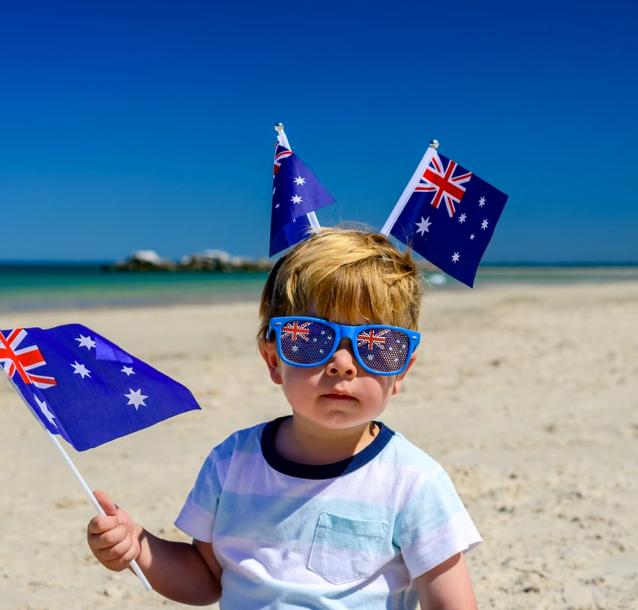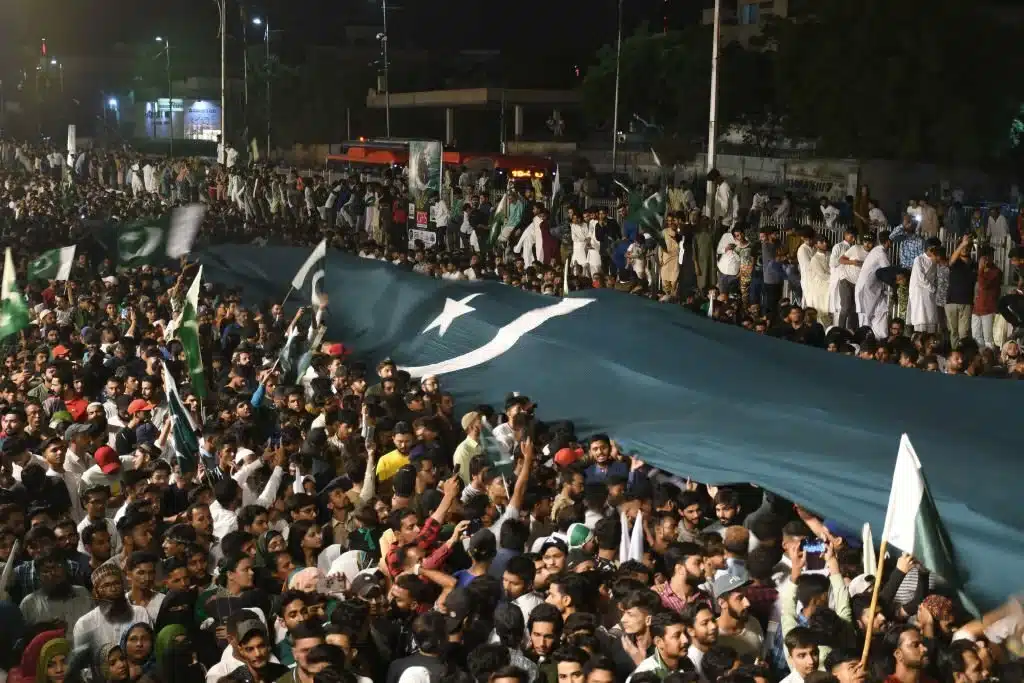Germany is a land of rich culture and tradition, and it is well-known for its festivals that celebrate its diversity and history. The Germany National Festival is Unity Day or Tag der Deutschen Einheit and is the most important festival day in Germany. Unity Day is celebrated on October 3 every year to commemorate the reunification of East and West Germany in 1990. In this article, we will explore the history, significance, and celebration of Germany’s National Festival of Unity.
The History of Germany Unity Day
The Division of Germany
Germany was divided into two parts after the end of World War II in 1945. The Eastern part became the German Democratic Republic (GDR) under Soviet influence, while the Western part became the Federal Republic of Germany (FRG) under American, British, and French influence. The two parts of Germany were politically and ideologically divided, with the GDR being a socialist state, and the FRG being a capitalist democracy.
The Fall of the Berlin Wall
The division of Germany was symbolized by the Berlin Wall, which was erected in 1961 by the GDR to prevent its citizens from fleeing to the West. The Wall stood as a physical and emotional barrier between East and West Germany until 1989, when peaceful protests and the collapse of the Soviet Union led to the fall of the Wall.
Reunification of Germany
The fall of the Berlin Wall marked the beginning of the reunification of Germany. Negotiations between the GDR and the FRG led to the creation of a united Germany on October 3, 1990. This historic event brought an end to the division of Germany and marked a new chapter in the country’s history.
Significance of the Germany National Festival
National Unity and Identity
Unity Day celebrates the reunification of Germany and the country’s national identity. It is a time to remember the division of the country, the struggle for reunification, and the sacrifices made by people on both sides of the Wall. Unity Day is an opportunity for Germans to come together and celebrate their shared history and culture.
Political and Economic Significance
Unity Day is not only a day of celebration but also an important political and economic event. The reunification of Germany had a profound impact on the political and economic landscape of Europe. Germany’s reunification led to the creation of a new, larger, and more powerful Germany, which became the economic powerhouse of Europe.
Celebrations and Traditions of the Germany National Festival
Unity Day is a national holiday in Germany, and it is celebrated with a variety of events and traditions.
Parades and Street Festivals
Unity Day celebrations usually begin with a parade through the city center. The parade includes marching bands, floats, and colorful costumes. After the parade, people gather in the streets for a variety of festivities, including music, dancing, and food.
Cultural and Historical Exhibitions
Unity Day is also a time for cultural and historical exhibitions. Museums and galleries throughout the country offer special exhibits that celebrate German history and culture. These exhibitions showcase the history of the country, from the Middle Ages to the modern era.
Food and Drink
Unity Day is a time to indulge in traditional German food and drink. People gather with friends and family to share meals and drinks, often in outdoor settings. Traditional German dishes like sausages, sauerkraut, and pretzels are popular, as are German beers and wines.
Unity Day in Different Parts of Germany
While Unity Day is celebrated throughout Germany, different regions and cities have their own unique traditions and events.
Berlin
Berlin, the capital of Germany, is at the center of Unity Day celebrations. The city hosts a massive street festival, with music, dance, and food from around the world. The festival takes place around the Brandenburg Gate, which was a symbol of division during the Cold War.
Munich
Munich, in the south of Germany, is known for its traditional Bavarian culture. Unity Day celebrations in Munich include a parade of traditional costumes, music, and dancing, as well as a festival featuring local food and drink.
Hamburg
Hamburg, in the north of Germany, celebrates Unity Day with a variety of events, including a parade and a music festival. The city also hosts a large fireworks display over the harbor.
Unity Day FAQs
- Is Unity Day a public holiday in Germany?
Yes, Unity Day is a national holiday in Germany.
- What was the Berlin Wall?
The Berlin Wall was a barrier erected by the German Democratic Republic to prevent its citizens from fleeing to the West.
- When did Germany reunify?
Germany reunified on October 3, 1990.
- What are some traditional German foods?
Traditional German foods include sausages, sauerkraut, and pretzels.
- Why is Unity Day significant?
Unity Day celebrates the reunification of Germany and the country’s national identity. It is a time to remember the division of the country and celebrate its shared history and culture.
Conclusion
Unity Day is an important festival in Germany that celebrates the country’s reunification and its national identity. It is a time to remember the division of the country, the struggle for reunification, and the sacrifices made by people on both sides of the Wall. Unity Day is celebrated with parades, street festivals, and cultural exhibitions, as well as traditional German food and drink. It is a time for Germans to come together and celebrate their shared history and culture.
References:
- “Tag der Deutschen Einheit: The Day of German Unity.” Deutsche Welle. Retrieved from https://www.dw.com/en/tag-der-deutschen-einheit-the-day-of-german-unity/a-55507640
- “The History of German Reunification.” The Culture Trip. Retrieved from https://theculturetrip.com/europe/germany/articles/the-history-of-german-reunification/
- “Unity Day in Germany.” Time and Date. Retrieved from https://www.timeanddate.com/holidays/germany/unity-day

